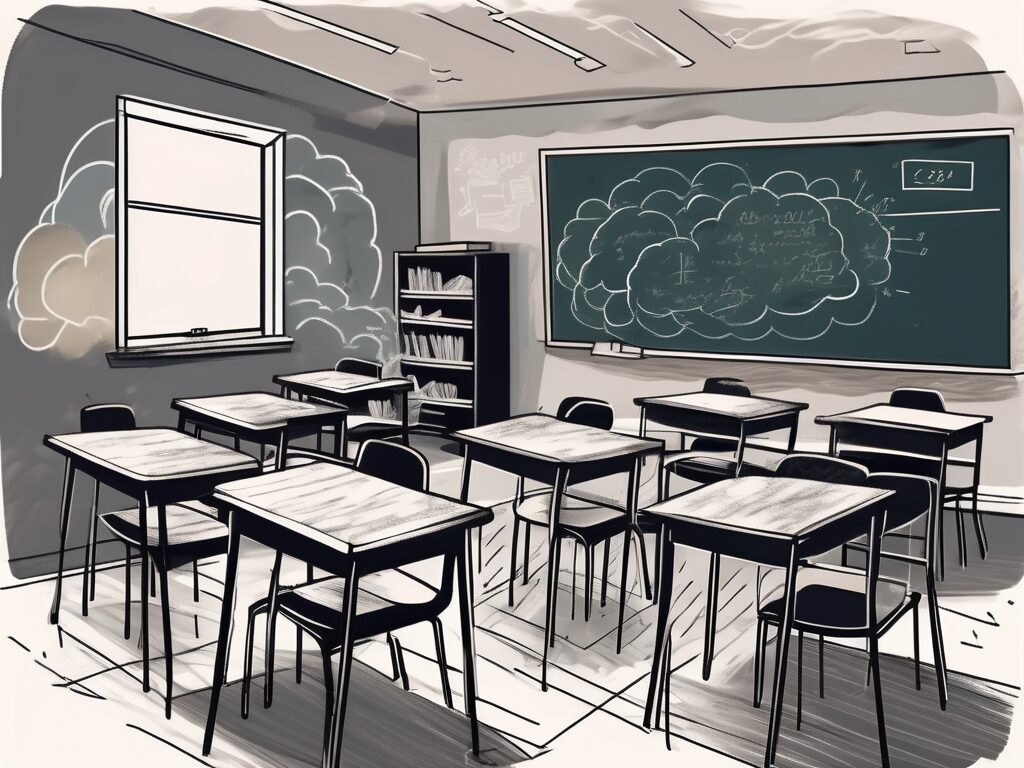What is the Educational Inequality in Singapore?
Educational inequality in Singapore is a pressing issue that affects the opportunities and outcomes for students across different socio-economic backgrounds. For aspiring international educators, understanding these disparities is crucial for fostering inclusive and equitable learning environments. In this article, we will delve into the factors contributing to educational inequality in Singapore and explore how educators can address these challenges.
Why is it Important for Aspiring International Teachers?
Educational inequality in Singapore is significant for aspiring international teachers as it highlights the need for inclusive teaching practices. With Singapore’s diverse population, educators must be equipped to handle varying student needs and backgrounds. Understanding these disparities can enhance job market competitiveness and improve teaching effectiveness.
Key Skills or Qualifications Required
To address educational inequality, aspiring teachers should focus on developing the following skills:
- Cultural Competency: Understanding and respecting diverse cultural backgrounds.
- Inclusive Teaching Strategies: Adapting teaching methods to cater to all students.
- Data-Driven Decision Making: Using data to identify and address learning gaps.
Steps to Get Started
To effectively tackle educational inequality, aspiring educators should consider the following steps:
- Obtain relevant certifications, such as the International Qualified Teacher Status (iQTS).
- Gain experience in diverse educational settings.
- Engage in continuous professional development focused on inclusive education.
Challenges and How to Overcome Them
Addressing educational inequality in Singapore comes with challenges, such as:
- Resource Allocation: Ensuring equal access to educational resources.
- Language Barriers: Overcoming communication challenges in multilingual classrooms.
To overcome these challenges, educators should advocate for equitable resource distribution and employ language support strategies.
Best Practices and Tips for Success
Successful educators in Singapore employ the following best practices:
- Foster a supportive classroom environment that encourages all students to participate.
- Utilize technology to bridge learning gaps and provide personalized learning experiences.
- Collaborate with colleagues to share insights and strategies for inclusive education.
Success Stories or Case Studies
Consider the case of a teacher who implemented a peer mentoring program in a Singaporean school, resulting in improved academic performance and increased student engagement. Such initiatives demonstrate the impact of targeted strategies in reducing educational inequality.
Conclusion
Understanding and addressing educational inequality in Singapore is essential for aspiring international educators. By developing key skills, obtaining relevant qualifications, and implementing best practices, educators can create inclusive learning environments that benefit all students. Embrace this opportunity to make a meaningful impact in the field of education.
Want to become a teacher in a Tier 1 international school? Join the course here.

